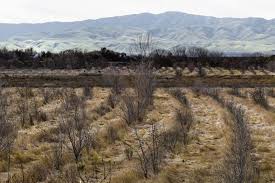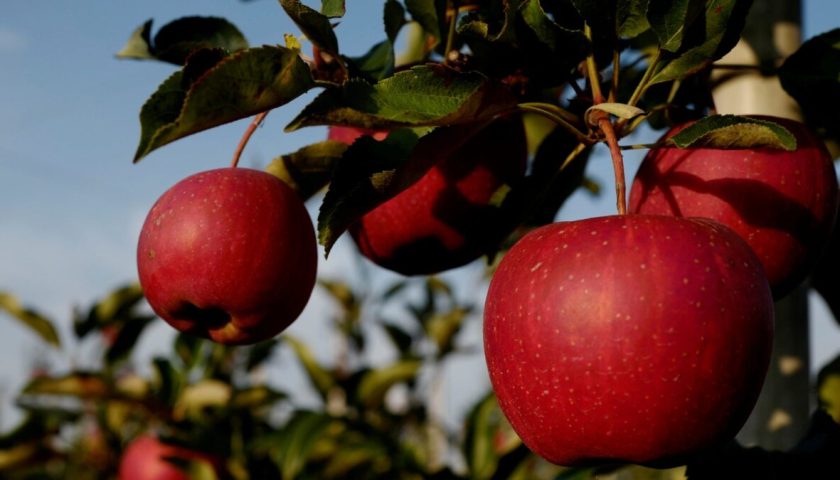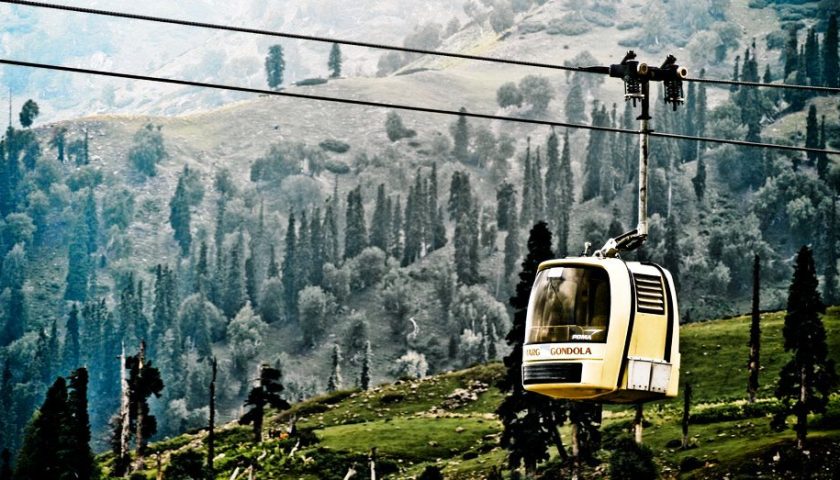Scientists blame climate change, suggest adaptation
 The food crisis in Jammu and Kashmir is likely to worsen as nearly 70 per cent of this year’s wheat crop has already been damaged due to an unprecedented dry spell at crown root initiation (CRI) stage of rabi crop. According to scientists, this dry spell is a result of climate change.
The food crisis in Jammu and Kashmir is likely to worsen as nearly 70 per cent of this year’s wheat crop has already been damaged due to an unprecedented dry spell at crown root initiation (CRI) stage of rabi crop. According to scientists, this dry spell is a result of climate change.
With the wheat crop in the non-irrigated ‘kandi’ belt already damaged, the Agriculture Department has pressed the panic button by asking the Irrigation Department not to close the gates of Ranbir Canal at this point of time.
“Closing the gates of the Ranbir Canal at this crucial time will damage the wheat crop in the Jammu plains. We have requested the Chief Engineer of the Irrigation Department to delay desilting this year,” said SS Jamwal, Director, Agriculture.
He admitted that wheat crop in the ‘kandi’ belt, which comprised 70 per cent of the sowing area of Jammu province, was already damaged due to an unprecedented dry spell at the CRI stage.
Kashmir usually contributes around 27 per cent of the total food grain produced in the state while the contribution of Jammu region is more than 72 per cent. Damage to wheat crop in the Jammu region this year will worsen the food crisis as import of food grain is increasing every year.
As per official data, the import of food grain has registered a regular increase for many years. In 2002-03, 5.03 lakh metric tonnes of food grain was imported. It reached 9.08 lakh metric tonnes in 2014-15.
Of the 6,40,492 hectare crop area in Jammu province, rice is grown on 18.03 per cent. Wheat is grown on 38.33 per cent and maize on 33.33 per cent of the net crop area. The remaining 16 per cent of the crop area is shared by inferior cereals and pulses.
“The ongoing dry spell in Jammu province is a clear impact of climate change,” said Dr Vivek Arya, scientist at Sher-e-Kashmir University of Agricultural Science and Technology, Jammu. “It is the first time this region is confronting such an unprecedented dry spell at the CRI stage of rabi crop,” he added.
Like in other parts of the country, there was a need to go in for ‘adaptation’ and ‘mitigation’ processes to minimise the impact of climate change in the region, he said. Instead of going in for traditional crops, there was a need for climate-resilient agricultural practices to meet the challenges, he emphasised.






